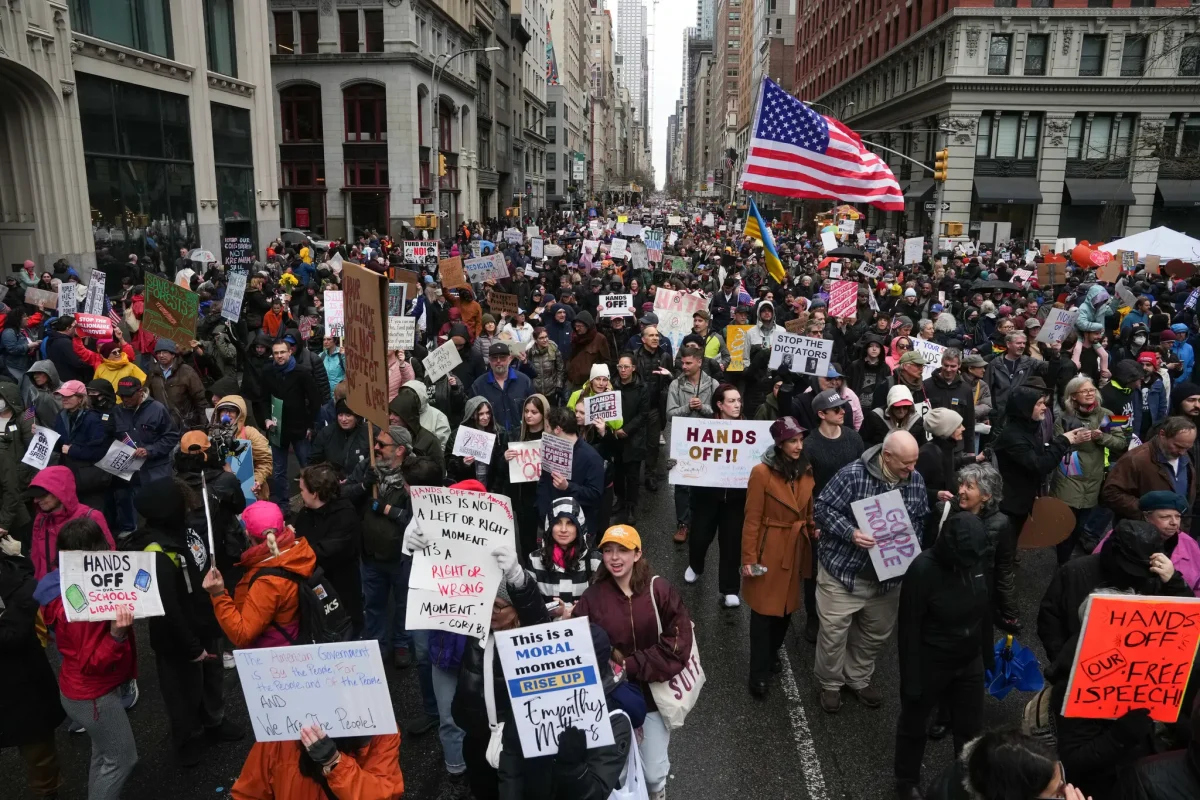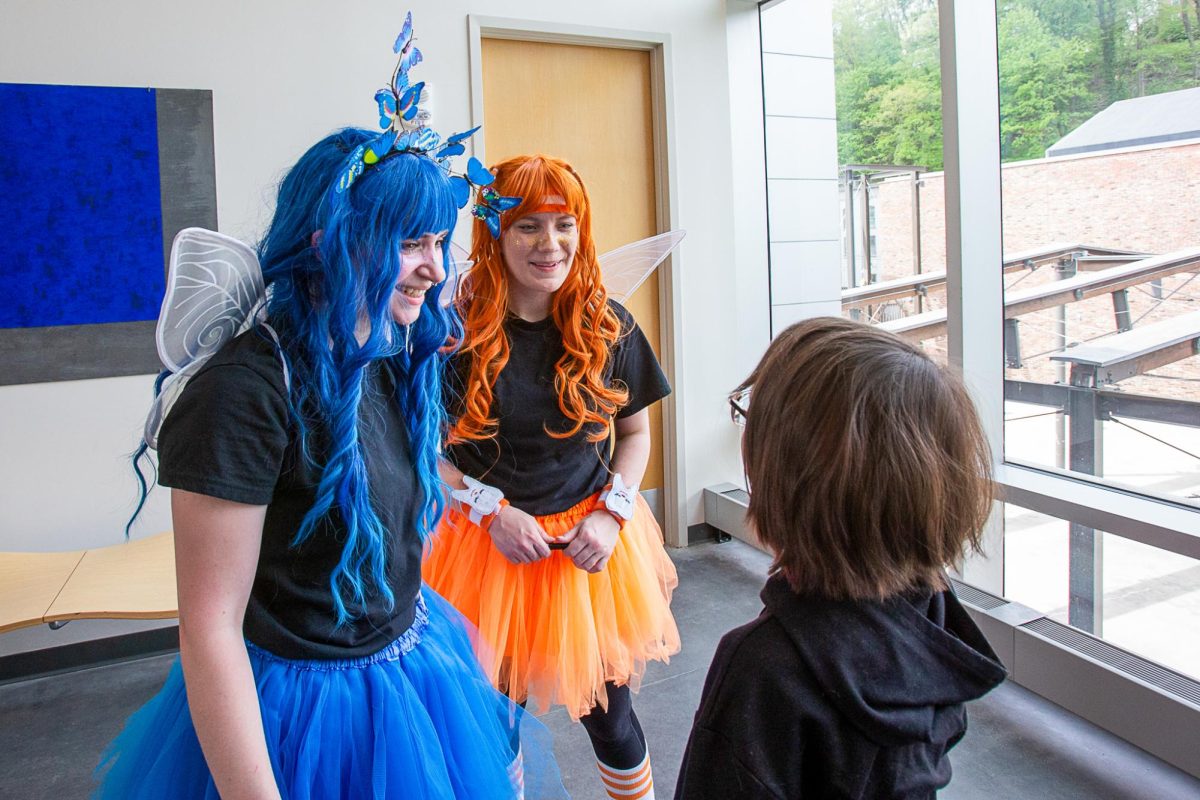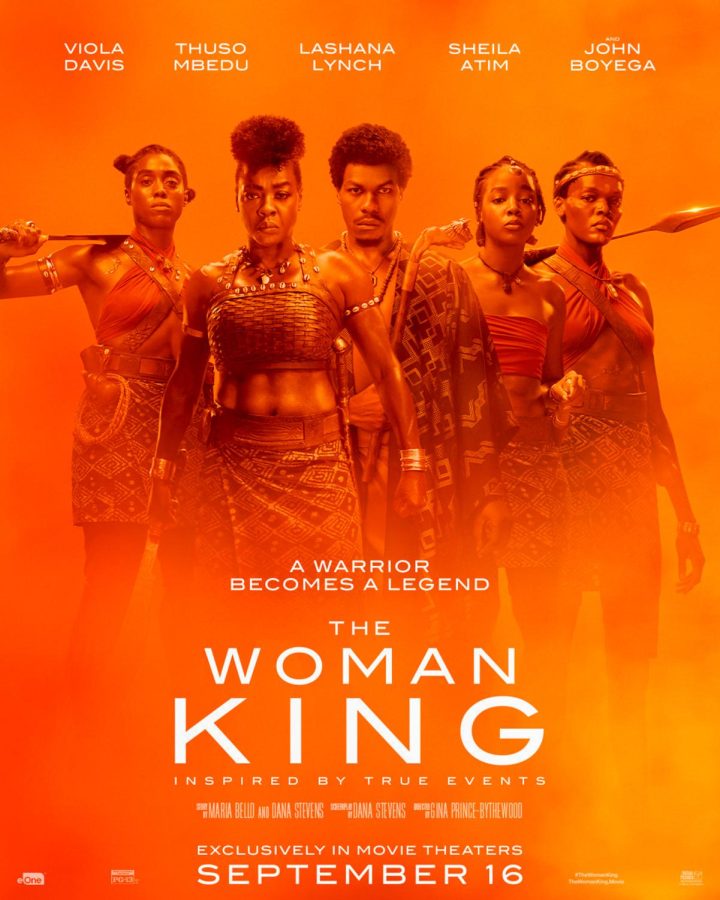It is disappointing to me that Hollywood makes very few films highlighting the storylines of individual African countries. Additionally, there are very few films that showcase the strength, intelligence and resilience of Black women across the world.
While no one film can solve either of these problems on its own, “The Woman King” is an incredible movie that provides part of the solution.
“The Woman King” takes place in 1820s Dahomey, now southern Benin, where General Nanisca (Viola Davis) leads the Agojie, a battalion of female warriors, to protect their land against domestic as well as international enemies.
The Agojie face war from both the neighboring Oyo Empire and European slave traders. Meanwhile, they foster a new generation of young women, teaching them the necessary combat skills they need to join the regiment.
An important aspect of this film is that it is not a documentary, but an epic inspired by true events. Most of the story is fictionalized and highlights empowering aspects of the Agoije while focusing less on the Dahomey’s more problematic history, such as its historical involvement in the slave trade.
I feel the film takes these historical liberties in the best way, using its setting as a way to take back control of colonial and patriarchal narratives.
The film is not afraid to show the realities of the ways men marginalize women and how women also marginalize each other through acts of internalized sexism. For instance, while the Dahomey King Ghezo (John Boyega) supports equality between men and women, he asserts a more traditionally dominant male image in the presence of other male leaders.
Additionally, when the young Agojie warriors make each other feel incapable, the superior ranking officers are forced to step in to stop the women from tearing each other down. As a whole, this makes palpable all of this story’s political dynamics, whether it’s regarding race, gender, war or money.
What is also realistic are the action scenes. The Agojie have a diverse skillset: they use swords, knives, ropes, bracelets, hand-to-hand combat and even nails to fight. They consistently use sexism to their advantage, playing off the arrogance of both white people and Black men to mount their attacks in unexpected ways.
The story also exceeds with its many twists and turns that I dare not spoil here. While it follows the traditional hero’s journey, it is the moment-to-moment progressions that keep the viewer engaged and wondering what will happen next.
Finally, I must mention that this is a stunning film visually. Sets are meticulously well-crafted, the costumes all appear highly authentic and the colors leap off the screen. I highly recommend seeing this film in theaters if possible in order to truly experience this beauty in its fullest form.
My only critique of the film is that certain aspects were not given enough time to be fully fleshed out and developed. There is so much going on in the film that I feel paring back on maybe one or two of the characters and adding more to the plot in other places would have been a welcome change.
While it is not a perfect film, I believe “The Woman King” is the film to see out in theaters right now.
























































































































